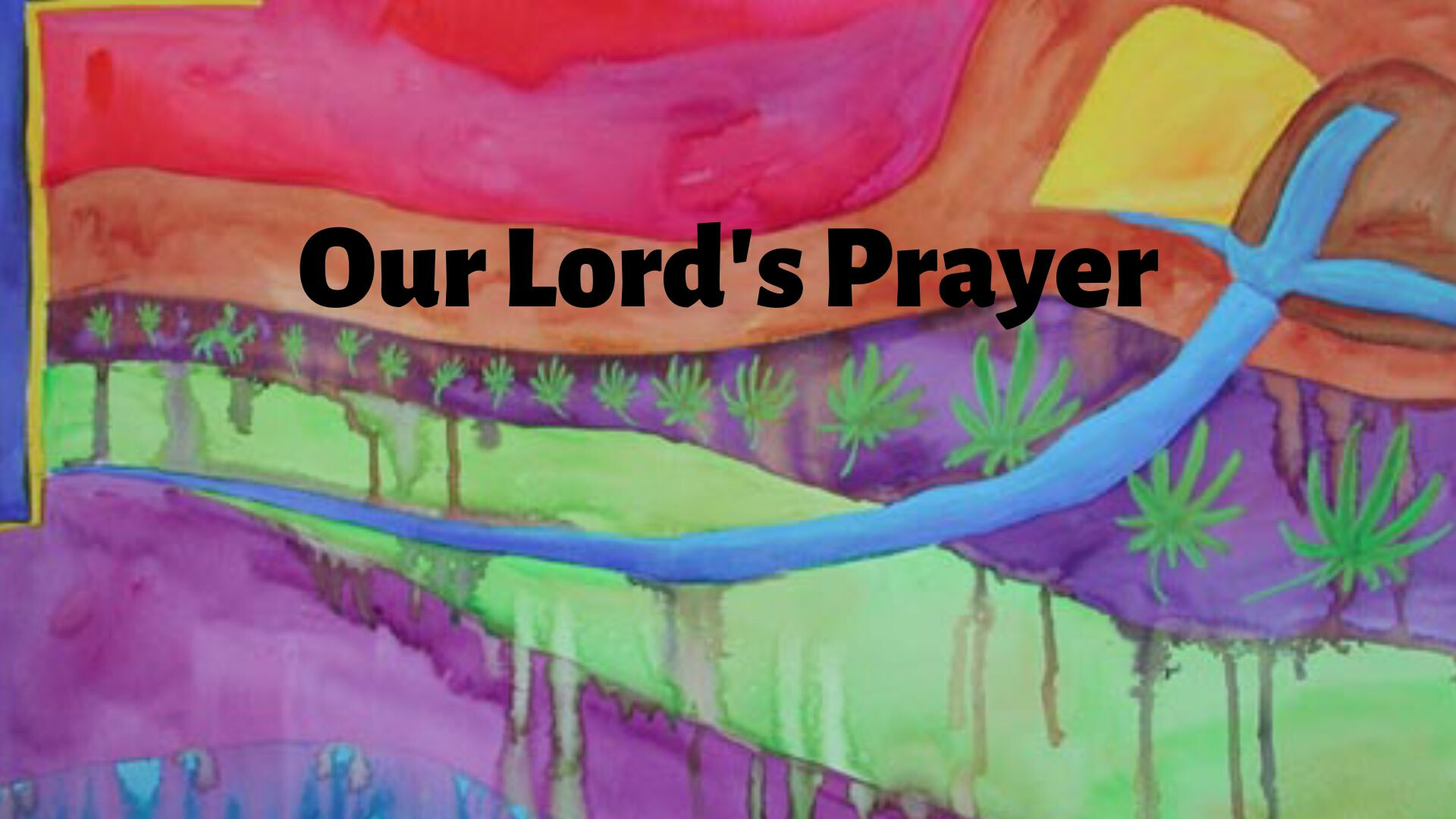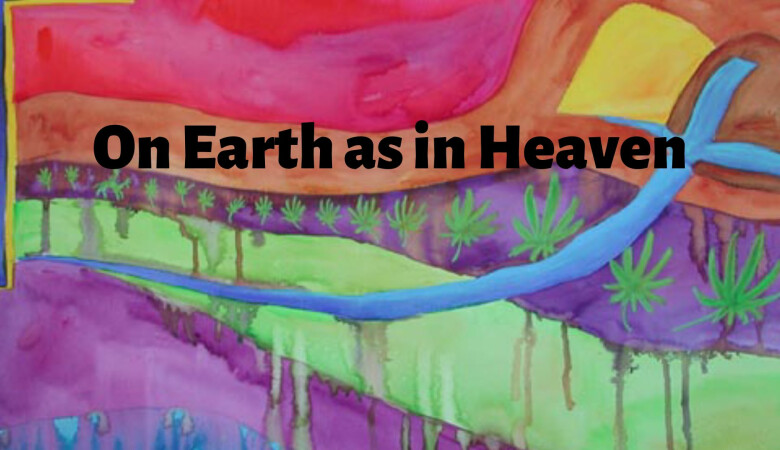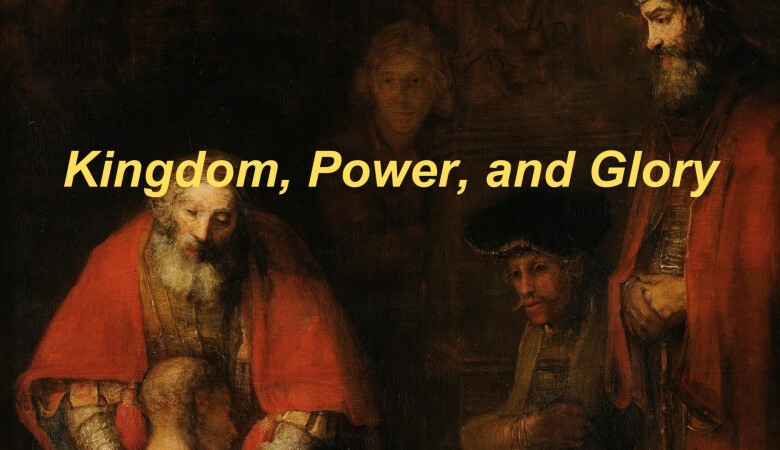Series: Our Lord's Prayer
Our Lord's Prayer
April 16, 2023 | Peter Rowan
Passage: Matthew 6:5-15
See All Sermons in This Series
Summary:
It was common for a rabbi, for a great teacher, to teach others how to talk to God. When Jesus' teaches his disciples to pray he does so in response to their request for him to teach them "as John taught his disciples". But Jesus begins his prayer "Our Father", an incredibly intimate and therefore entirely radical way to approach God. Ever since, the Lord's prayer has been the foundation of all Christian prayer.
Excerpt:
But the second question was, "can he do anything about it?" And I want to suggest to you that what we have is a big, big yes, simply in that phrase, in heaven. That might seem odd, because I think for a lot of us, we think of heaven as a really distant place. But in some ways, you could say-- I mean, heaven isn't a place at all in the same way that we conceive of place. I mean, the spiritual beings existed before creation, and this kind of place existence. Just like we could say that father, in some ways, is a metaphor for intimate, loving care. I mean, God invites us to actually name him that way, but certainly God is not gendered male and female. And he doesn't have sort of procreative acts, biologically speaking. So it's sort of a strange way to speak about God. Well, heaven is the place of God's dwelling, but I think you can also say that it exists beyond our time, beyond our kind of place, beyond our kind of ability. It's beyond us. I mean, heaven can even allow us to speak of God's nearness. Jesus says, "Lo, I'm with you always." The scriptures tell us, in him we live, and we move, and we have our being, which is to say presently, in him we have those things. So it's outside of our sort of physical reality. It's distinct, and yet it can be a way to say, that it can be close. Which is to say this, and this is important. God is not limited by our time, nor does he keep a timetable and sort of a schedule like we do. He's not limited by our calendars or our spaces or our agendas. God, we see, is not limited by sort of created abilities and inabilities. In fact, what we see in some ways is the very opposite, at least partially, by Jesus in his incarnation. Jesus sees some of the disciples while they were still far off, we're told. What's up with that. We see Jesus doing things that there's no ability to do in the context of our created norms. He heals the lame and the blind and all these kinds of things that are outside. And his timetable's totally, totally different than ours. In fact, some of his friends get mad at him, right? Because Lazarus was dead, and then he took a little detour with this lady who needed help. And yet his time is outside of it. And yet his ability, when he gets there, is to raise the dead? One of the things that we know that he does away with, as we just heard our children sing, and as we celebrate in Eastertide, is he does away with the one thing other than taxes (this Tuesday, friendly reminder from your pastor) that is certain in life, death. And yet it's not certain, because God's existence is outside of the constraints of this life that we live in. Jesus is able to say to the Father, "not my will, but yours be done," precisely because he's speaking to his Father in heaven, who exists outside of this created norm, and who he can trust completely, because his ability is so far beyond anything he could imagine, anything you or I could imagine. His Father, who knows perfectly and loves absolutely, who cares more than he could ever or we could ever imagine, he knows that he's entirely able. He's entirely able, that even if Jesus were to die, he would still be in the loving care of his perfect Father, who exists beyond this reality. He exists in heaven. This is the God, brothers and sisters, this is the God who loves to hear you pray, who invites you to pray, to offer your life to him, to lay your burdens before him, to go to him with your grace requests. God loves to hear your prayers. This is the one who wants you to come to him in your need, and in your shame, and in your despair, and in all the things you find yourself in, in this life, he wants you to go to him. He wants you to go to him even when you've been the thief who's stolen, and you deserve to be on that cross, because he cares, and he can act, and he can say, "today, you'll be with me in paradise." This one, this is the God who's there, who cares, and he's completely able. This is what we learned from just this simple invocation.
Series Information

It was common for a rabbi, for a great teacher, to teach others how to talk to God. When Jesus' teaches his disciples to pray he does so in response to their request for him to teach them "as John taught his disciples". But Jesus begins his prayer "Our Father", an incredibly intimate and therefore entirely radical way to approach God. Ever since, the Lord's prayer has been the foundation of all Christian prayer.






